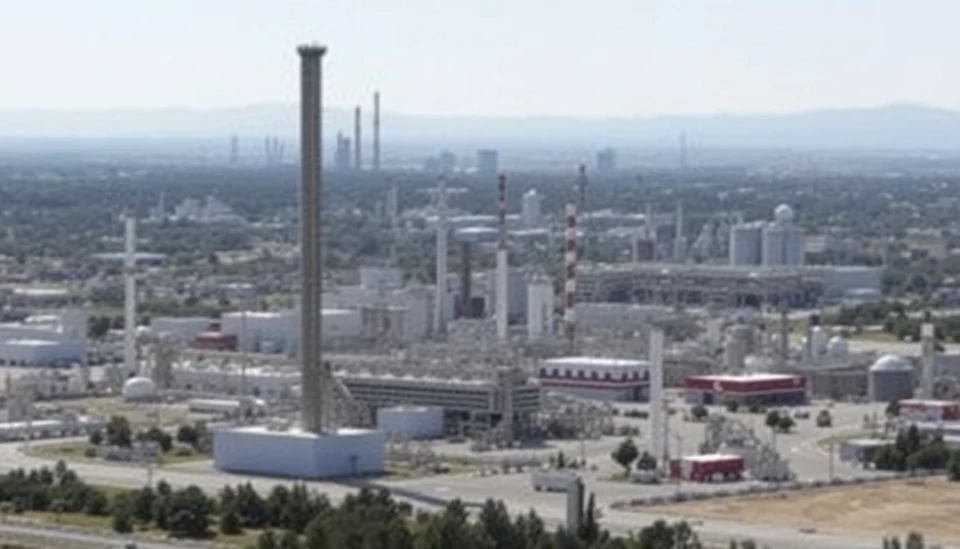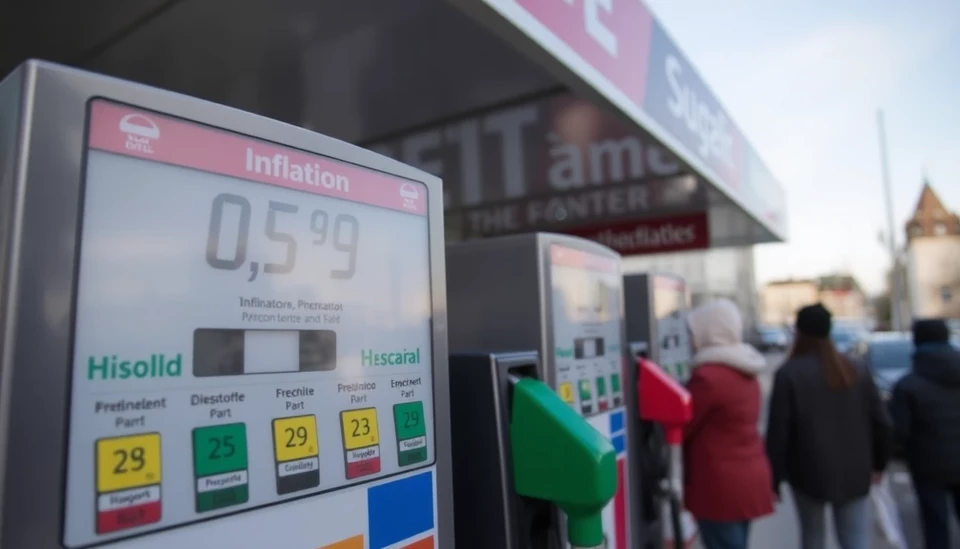
Key figures in the fuel industry have raised alarms regarding the impending rise in fuel prices, emphasizing that uncertainty surrounding federal tax credits could jeopardize future investments and lead to consumers bearing the brunt of increased costs. The warning comes at a pivotal moment as energy sectors grapple with fluctuating market demands and regulatory changes.
The American Fuel and Petrochemical Manufacturers (AFPM) and the Renewable Fuels Association (RFA) stressed the critical role that consistent federal tax incentives play in the economic balance of fuel production and consumption. They argue that without clear and reliable federal support, the industry may face challenges that could trickle down to ordinary consumers through higher prices at the pump.
Currently, many fuel producers are attempting to navigate a landscape that is fraught with unpredictability due to varying state and federal policies. The situation is compounded by the recent expiration of several key tax incentives, leading to significant concern among industry stakeholders about their ability to continue investing in technological advancements and sustainable energy solutions.
In a recent statement, industry representatives pointed out that the absence of certainty in tax credit provisions could hinder the ability of refineries and other producers to plan for the future. This sentiment was echoed in discussions regarding the transition to cleaner energy sources, which, while necessary for environmental reasons, also needs regulatory backing to thrive economically.
Furthermore, the two groups indicated that potential price increases could disproportionately affect low-income households that are already feeling the strain of rising gas prices. This demographic is particularly vulnerable as they tend to spend a larger portion of their income on transportation costs. As such, the implications of fluctuating fuel prices extend beyond mere inconvenience, impacting overall economic stability.
Recent trends in the energy market have also shown an increase in global oil prices, further complicating the landscape. Without the cushion of federal tax credits, fuel producers may be forced to pass these costs onto consumers, further aggravating issues of affordability.
As discussions in Congress continue regarding energy policies and the urgency for climate action, industry leaders are calling for lawmakers to prioritize the reinstatement of reliable, long-term tax credits that would support both traditional and renewable fuel producers. They believe that with a stable policy environment, investments can flourish—ultimately leading to lower prices for consumers and a more sustainable future.
The stakes are particularly high as we move towards a more energy-conscious society; thus, the resolution of these tax credit uncertainties is paramount in shaping the future landscape of fuel prices and energy solutions in the United States.
As consumers, policymakers, and industry players watch closely, the coming months will be critical in determining how these discussions unfold and what implications they will have on fuel costs moving forward.
For those monitoring energy markets and consumer sentiment, the evolution of these tax credit discussions will serve as a key indicator of the economic health of the fuel industry and its capacity to maintain stable pricing amidst growing global pressure.
#FuelPrices #TaxCredits #PetrochemicalIndustry #RenewableEnergy #ConsumerImpact #FuelEconomy #AFPM #RFA #EnergyPolicy
Author: Megan Clarke




